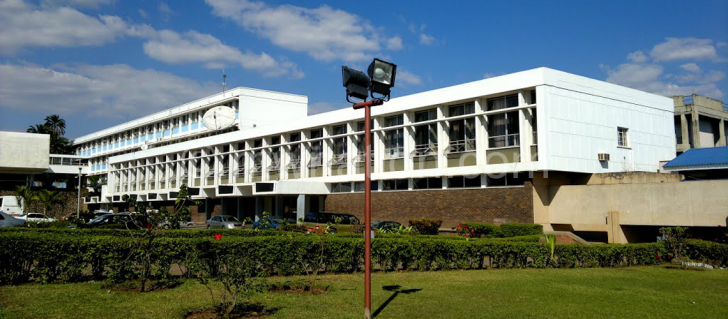Education expert warns on Nche
An education expert has warned that the court ruling the National Council for Higher Education(Nche) has no mandate to accredit universities in the country exposes students to less protection by the State as some would continue to enrol in programmes that would later be unaccredited once the board is gazetted.
In an interview on Thursday, the expert, Benedicto Kondowe said: “This would mean loss of money and time on their part. The court decision effectively puts thousands of students at a disadvantage.”

Nche was left licking its wounds three weeks ago when the High Court ruled in favour of Blantyre International University (BIU) students, that the council was operating illegally because it was not gazetted.
Said Kondowe: “The decision means that Nche lacks the legal capacity to enforce standards. This lapse could lead to further dwindling of higher education standards.”
He said government should shoulder the blame for the development.
“It is only the appointing entity that has the powers to gazette the board. In respect of the appointment of the Nche board, it is the President who appoints as the Head of Government which must subsist with gazetting for the council to legally execute its mandate.”
But Ministry of Education spokesperson Lindiwe Chide, in a telephone interview on Thursday, insisted that decisions made by Nche were binding.
“In as far as the ministry is concerned, those universities that were accredited remain with that status and those that were not will remain the same until a fresh accreditation [process] takes place. But as to how long it is going to take for the council to be gazetted I cannot speculate,” she said.
Education Committee in Parliament chairperson Elias Chakwera, in a telephone interview on Monday, said the development could have been avoided if government heeded his committee’s calls for a quick redress of the gazetting question.
Said Chakwera: “As a committee, we have been advising government to put things in order. We made our latest call on the matter last month. Now, here we are in a situation which could jeorpadise all the progress that has been made.”
The Ministry of Education has been silent on how it is going to handle the issue as some private universities have written government expressing their concerns over how Nche has been treating private universities.
The Association for Private Universities (Apuma) chairperson Maggie Madimbo said her association communicated to Nche their reservations on its conduct.
“Yes, we have registered concerns from membership and Nche Council is aware. As Apuma after Nche had released its first results in 2016, we went to meet with Nche management where we raised these concerns. Mostly, private universities complain about the composition of Nche reviewers when they go to assess institutions and their programmes,” she said in an e-mailed response.
“The other one is that there is only one chancellor from private universities allowed in the Nche Council. But there are more private universities than public universities [and yet they] are represented by two vice chancellors,” she said.
A letter that this reporter has seen from BIU addressed to the Office of the President and Cabinet, among others, faults the Nche Act which, it argues is biased against private universities.
The BIU letter accuses Nche of micromanaging private universities and calls for a review of the accreditation criteria to give more weight to academic outcome based criteria (summative evaluation) rather than infrastructural evaluation.
BIU chancellor Professor Charles Chanthunya acknowledged authoring the letter in an interview on Wednesday.
“Of course, we are concerned with the way we have been victimised by Nche. It is not only BIU but all other private universities,” he said.





